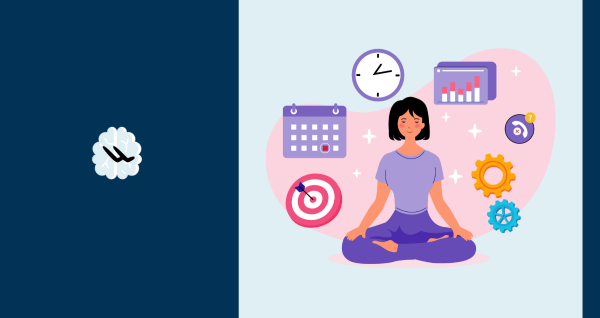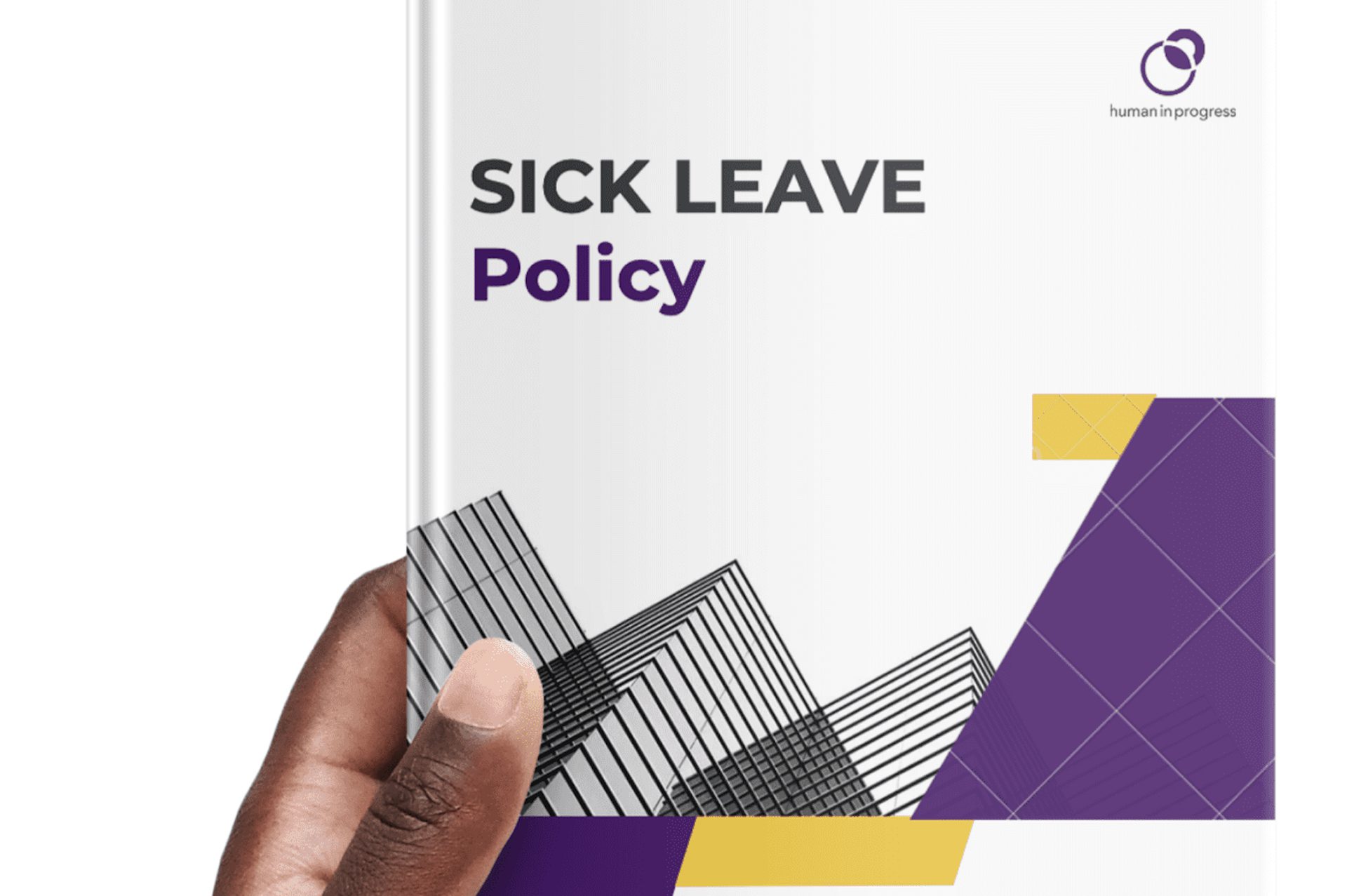
Artikel
22
december
Mindfulness and Stress Management: Essential Skills for a Balanced Life
In the hustle and bustle of modern life, where constant demands and pressures can lead to overwhelming stress, the importance of mindfulness and stress management cannot be overstated. These essential skills not only contribute to a more balanced and fulfilling life but also play a crucial role in maintaining both mental and physical well-being. In this article, we explore the significance of mindfulness and stress management and how integrating these practices into daily life can lead to a happier, healthier, and more resilient you.
1/ Understanding Mindfulness:
Mindfulness, rooted in ancient contemplative traditions like meditation, has gained significant popularity in recent years for its transformative effects on mental health. At its core, mindfulness involves being fully present in the current moment, without judgment. It encourages individuals to observe their thoughts and feelings without getting entangled in them. This heightened awareness fosters a sense of clarity and enables better decision-making in the face of stress.
2/ Stress Management as a Life Skill:
Stress is an inevitable part of life, but it’s how we respond to it that makes a difference. Effective stress management is not about eliminating stress entirely but rather about developing coping mechanisms to deal with it in a healthy way. Stress management techniques vary widely, encompassing activities such as exercise, deep breathing, and time management. These skills empower individuals to navigate challenges with resilience and maintain a sense of balance in their lives.
3/ The Mind-Body Connection:
Mindfulness and stress management are closely linked to the mind-body connection. Chronic stress has been linked to various physical and mental health issues, including cardiovascular problems, weakened immune function, and anxiety disorders. Mindfulness practices, such as meditation and yoga, have been shown to positively impact both mental and physical health. By incorporating these practices into daily routines, individuals can cultivate a harmonious relationship between mind and body, promoting overall well-being.
4/ Improving Emotional Regulation:
Mindfulness is a powerful tool for enhancing emotional regulation. By observing thoughts and emotions without immediate reaction, individuals can develop a more measured and thoughtful response to challenging situations. This emotional intelligence contributes to healthier relationships, improved communication, and a greater sense of control over one’s life.
5/ Building Resilience:
Life is filled with uncertainties and setbacks, but mindfulness and stress management foster resilience in the face of adversity. Mindful individuals are better equipped to handle life’s ups and downs, bouncing back from challenges with a positive mindset. This resilience not only enhances the ability to cope with stress but also contributes to personal growth and development.
6/ Practical Tips for Integration:
Start with Small Steps: Integrate mindfulness gradually into your daily routine. Begin with short meditation sessions or mindful breathing exercises.
Create Rituals: Establish mindful rituals, such as a few minutes of reflection in the morning or a calming activity before bedtime. Consistency is key to reaping the benefits.
Exercise Regularly: Physical activity is a potent stress reliever. Find an exercise routine that suits your preferences, whether it’s yoga, jogging, or dancing.
Set Boundaries: Learn to say no and set boundaries to avoid overcommitting yourself. This helps manage expectations and reduces unnecessary stress.
Prioritize Self-Care: Make self-care a priority. Whether it’s reading a book, taking a hot bath, or spending time in nature, find activities that bring you joy and relaxation.
In the fast-paced world we live in, investing time and effort into developing mindfulness and stress management skills is a powerful commitment to personal well-being. These practices not only help navigate the challenges of daily life but also contribute to long-term mental and physical health. By incorporating mindfulness and stress management into our lives, we can cultivate a sense of balance, resilience, and fulfillment that enhances the overall quality of our existence.
What's your reaction ?
Follow us on Social Media
Some Categories
Recent posts

July 27, 2024
Nieuwe kabinetsvisie: samen sterker tegen cyberdreigingen

July 24, 2024
Navigating AI Implementation: Try these strategies to overcome resistance.

July 24, 2024
Sick Leave Policy Netherlands Guidance for HR and Entrepreneur.

July 24, 2024
CSRD Reporting: Mandatory Reporting on Corporate Sustainability.

July 24, 2024
Training Budget: Investing in Employee Development.

 Inloggen
Inloggen
 Registreren
Registreren






Comments (0)
No reviews found
Add Comment